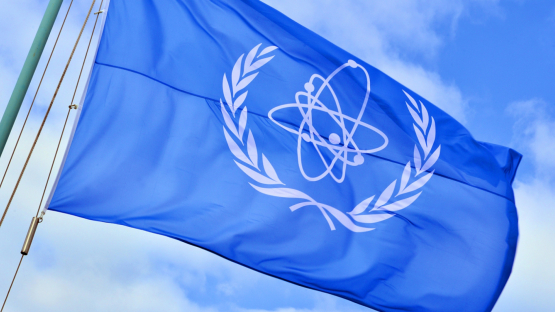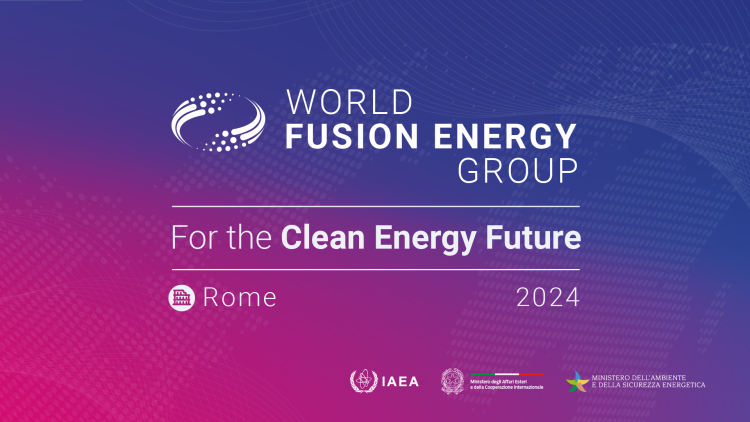Yesterday’s emergency meeting of the IAEA’s 35-nation Board of Governors in Vienna, Austria follows the March 7 passage of a board resolution by the United Nations’ nuclear agency that called "for the urgent withdrawal of all unauthorized military and other unauthorized personnel from Ukraine's ZNPP and for the plant to be immediately returned to the full control of the competent Ukrainian authorities.”
ANS supports the IAEA’s five concrete principles for protecting ZNPP; the first and foremost of which is “[t]here should be no attack of any kind from or against the plant…” The second principle says: “ZNPP should not be used as storage or a base for heavy weapons … or military personnel that could be used for an attack from the plant.”
Fortunately, IAEA inspectors reported that ZNPP’s nuclear safety and security systems were unharmed by this week’s drone strikes. Nuclear power plants are robust, hardened pieces of critical infrastructure built to withstand natural and man-made hazards. Thick, steel-reinforced concrete containment buildings protect ZNPP’s reactor cores and are designed to keep radioactive materials isolated from the environment. Still, nuclear plants, like all other industrial civilian infrastructure, were not designed with war in mind.
All six ZNPP reactors have been shut down for over 18 months. Five of the six reactors are cold while Unit #4 is at an elevated temperature to provide process steam used around the plant and district heating for the neighboring town. The heat production is now very low and manageable; cooling water requirements can be met by on-site equipment.
ANS welcomes the IAEA-reported development that Unit #4 is transitioning to a “cold” shutdown state starting today following the end of the winter heating season. While keeping a ZNPP reactor in continued hot shutdown mode is not in itself a cause for concern, this is the most prudent course to take, given the circumstances. Scientific and technological experts with the ANS Rapid Response Taskforce will continue to monitor the engineering and safety situation at Russia-occupied ZNPP.
Learn More:
Established in 1954, the American Nuclear Society (ANS) is an international professional organization of engineers, scientists, technologists, teachers, and healthcare providers devoted to the peaceful applications of nuclear science and technology. Its more than 10,000 members represent government, academia, research laboratories, medical facilities, and private industry. ANS's mission is to advance, foster, and spur the development and application of nuclear science, engineering, and technology to benefit society.
#####
Media Contact:
Andrew Smith, Director of Communications
(202) 996-0474 | media@ans.org








